Melatonin for Kids: Can Kids Overdose on Melatonin?
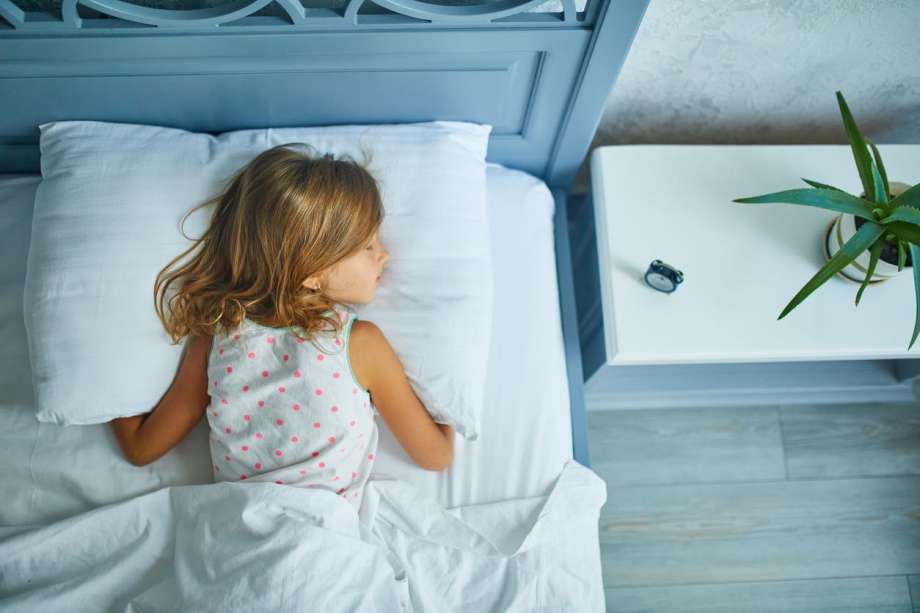
Are your kids struggling with sleep regressions or trouble staying asleep? Is your preschooler having nightmares? Does your child never seem to be able to drift off into dreamland?
Kid sleep issues are frustrating and may tempt parents into trying melatonin for kids. But the American Academy of Pediatrics wants you to know that melatonin is not a long-term solution for sleep issues
Too much melatonin can be a very bad thing. Melatonin overdoses in kids and adults have been on the rise, leading to emergency room visits, and in rare cases, death. We detail what parents need to know about this sleep aid.
Related: How to Get Kids to Develop Good Sleep Habits
What is Melatonin?
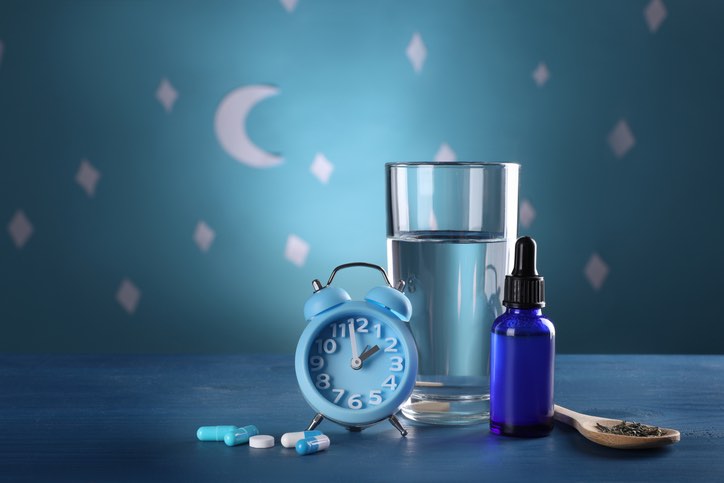
Melatonin is a hormone that our brains release at night to help us sleep. This is what regulates our sleep-wake cycles. Drug manufacturers have created supplemental forms of melatonin in both pill and gummy forms with different dosages for kids and adults.
These sleep aids are advertised as “safe”, “effective”, and “drug-free”. Most notably, they promise better sleep. This leads many parents to believe that they are a reliable over-the-counter sleep remedy. Unfortunately, though, this is not always the case.
Melatonin Supplements: Are They Safe For Kids?
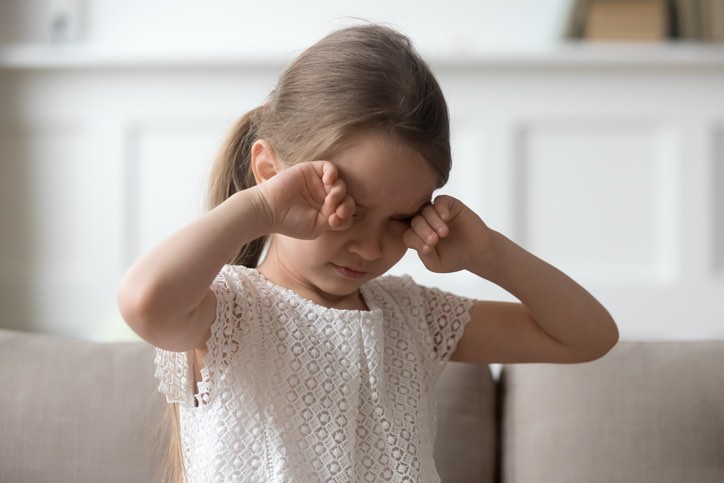
First and foremost, what many people do not realize is that the vitamins and other dietary supplements found in the health aisle are not regulated by the U.S. Food and Drug Administration (FDA). In fact, if you actually take the time to read the packaging, this is noted directly on the box.
What this means is that natural remedies, like melatonin, have not undergone any testing to determine if they are safe or effective.
Moreover, the Centers for Disease Control and Prevention (CDC) released the findings from a new study conducted this year at the Children’s Hospital of Michigan by Karima Lelak and the results are startling.
The research found that pediatric melatonin ingestion increased by 530% over the past decade. This was accompanied by a spike in the number of hospitalizations of young children and adolescents.
The research also noted that “serotonin, a breakdown product of melatonin, was found in 26% of supplements at potentially clinically significant doses that can increase the risk for serotonin toxicity in children.”
Common Symptoms of Melatonin Overdoes Include:
- gastrointestinal distress
- cardiovascular issues
- Disturbances to the central nervous systems,
The most frightening discovery was that over 80% of the children with melatonin poisoning were reported as asymptomatic. This means your child may be experiencing a melatonin overdose and you may have no warning.
Increase in Melatonin Emergency Room Visits
The largest spike in reports to poison control centers occurred in tandem with the start of the COVID-19 pandemic. Healthcare experts theorize that the reasons for this increase are two-fold.
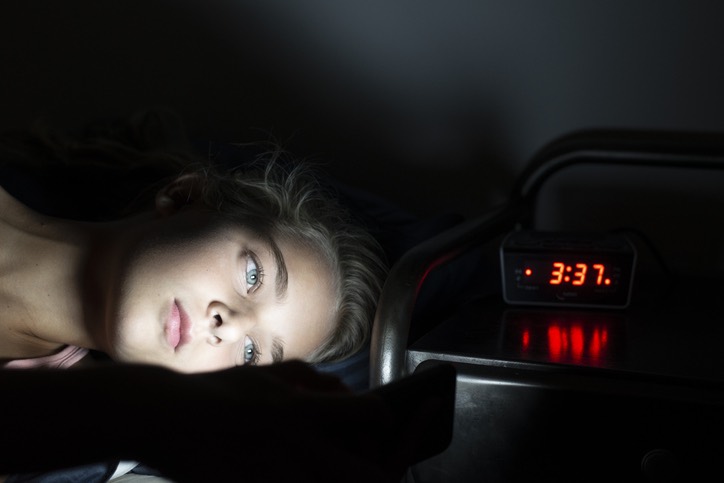
1. Stress Caused by COVID-19
The drastic change to schedules caused by the COVID-19 pandemic brought kids and families lots of new stress. COVID health issues and pandemic stress have led to more people (kids and adults) experiencing sleep disturbances. The more people who had trouble sleeping due to COVID led to a surge in melatonin use by individuals of all ages.
2. Children Spending More Time at Home
During this period of isolation, daycare, and school closures were common so children were spending much more time at home. This created the perfect storm since this common sleep aid is typically kept near a person’s bedside and it is available in a fun, gummy form.
What can we learn from this? It is extremely important for parents to keep their medications in a secure location that is inaccessible to their children. Childproofing these areas can be a great solution.
Additionally, it is imperative that we teach our kids to always ask permission before consuming any product, even if it looks like something that they would normally eat.
Is Melatonin a Safe Option for Some Kids?
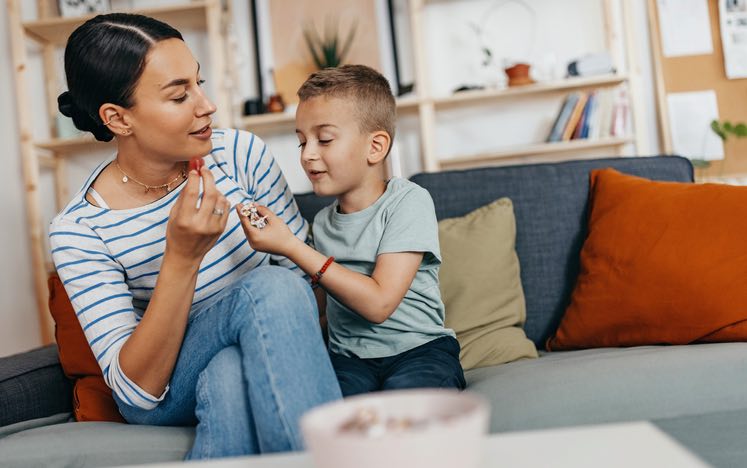
Melatonin is not recommended for children under the age of three, but this can be an effective short-term treatment for older kids diagnosed with sleep disorders. For instance, those who have ADHD and autism are more likely to have issues with insomnia. Melatonin has been proven to help with both sleep quality and the ability to fall asleep sooner, making it a possible solution.
The American Academy of Pediatrics notes that if you do choose to try melatonin supplements with a label that shows the product is certified by a third-party such as Consumer Lab, NSF International, UL and U.S. Pharmacopeia. This label on melatonin means the group has tested the product to make sure it has the ingredients listed and is not contaminated.
Natrol Kids Melatonin Gummies are a good option that are third-party tested by ConsumerLab and free of most major allergens. They contain 1 mg of melatonin per serving.
However, it is important to note that “no clear dosing guidelines exist”. Therefore, melatonin should never be administered without the supervision of a physician and the lowest dose is always best – this can range from 0.5 mg to 1.0 mg. Maximum dosages can vary between 3 to 5 mg, but more is not always better.
Generally, over-the-counter sleep aids should only be taken for a maximum of two months. Speak with your child’s pediatrician to determine the ideal amount for their age, weight, and specific needs.
Types of Melatonin and Side Effects
Since melatonin is used to help those with sleep problems, it should come as no surprise that some of the main side effects are sleepiness and drowsiness. These symptoms can occur at night and during the day.
Physical Side Effects of Melatonin
These can be accompanied with an increase in bedwetting, nightmares, and headaches. Mild abdominal pain and nausea have also been reported with this supplement.
Melatonin Effect on Hormones and Puberty
The Mayo Clinic notes, “Melatonin plays a role in the way a person's body matures sexually. Melatonin levels have an impact on how the ovaries and testes function.” This is a big concern for children who have not reached puberty and teenagers who are still maturing.
Melatonin and Drug Interactions
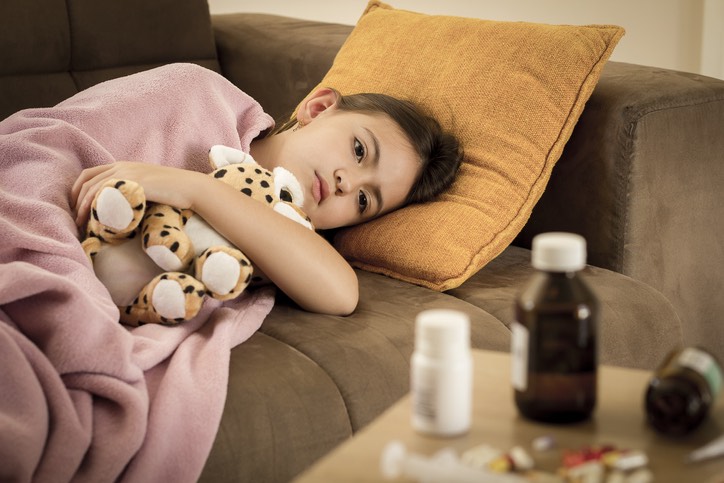
Another important consideration before starting a melatonin regimen is the impact that it can have when combined with other drugs. For those with diabetes, this hormone can affect blood sugar levels.
If your teen is on hormonal contraceptives, the combination can have a sedative effect. Moreover, Benadry should never be taken with this supplement because when mixed there can be additive effects. Some drugs when mixed with melatonin can also enhance symptoms of drowsiness, dizziness, and confusion.
Extreme Melatonin Overdoses Can Be Deadly
Finally, if too much melatonin is taken, children can experience trouble breathing, they can slip into a coma, and in rare instances, death can occur. While this is extremely uncommon (only two deaths were reported in the aforementioned study), 52,563 melatonin overdoses were reported in the United States in 2021. The majority of those impacted were under five years old.
Poison Control stresses that “there is no antidote for melatonin overdose”. If you believe that your child has taken too much melatonin, call 9-1-1 or Poison Control at 1-800-222-1222.
Remember that the signs of overdose will mirror the normal side effects of this supplement so it is always best to err on the side of caution and have them checked out by a professional.
Effective Alternatives to Melatonin
1. Help Them Tire Naturally
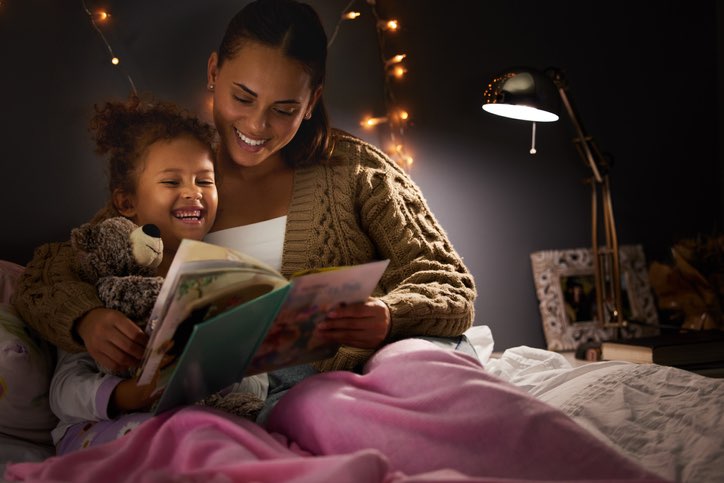
Melatonin is naturally produced by the body when it is exposed to darkness. This process stops when light is introduced. Thus, if your child is having trouble getting to sleep or staying asleep, the easiest remedy is to set a routine and stick to it.
At least 30 minutes before bedtime, dim the lights and turn off their devices (televisions, tablets, and phones). This can jumpstart their natural melatonin production and better regulate their circadian rhythm.
2. Engage in Activities That Relax the Body
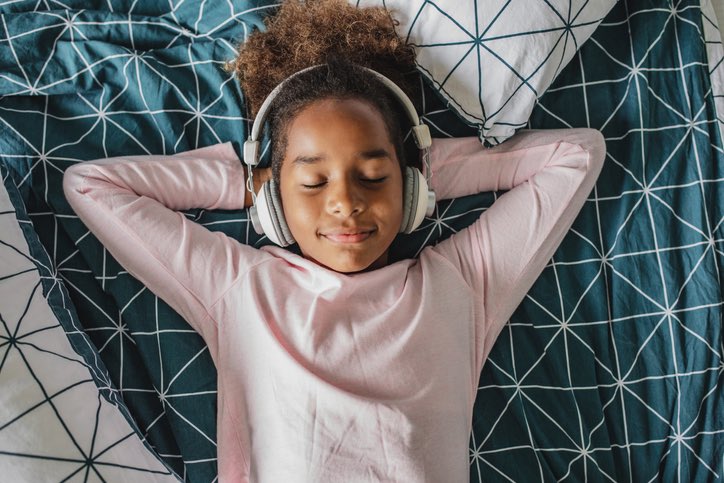
Next, have them shower or bathe before bedtime and consider using lavender essential oils (if they are not allergic to them). These have been proven to have a calming effect. You can add them to their bath or spray them on their bedding.
Additionally, make sure that they are staying active — consider taking a family walk in the early evenings or heading to the park after school. This can help to tire them out, making it easier to fall asleep.
3. Consider Other Causes of Sleep Issues in Kids
Lastly, it is important to remember that stress, nightmares, and health issues can impact a child’s sleep. If they experience conditions like restless leg syndrome, sleep apnea, eczema, or even growing pains, they are more likely to suffer from insomnia.
Those who take ADHD medication may also notice sleep problems as a side effect of the drug. Finding the root of the problem is always the best solution. Also, make sure that they are not consuming caffeinated beverages and avoid sugar late at night.
While melatonin can be effective for some kids, more research needs to be done to verify the safety of this supplement.
For more sleep advice to help kids and parents make bedtime easier, find out our 6 Tricks to Help Kids Go to Bed (And Stay There!).

